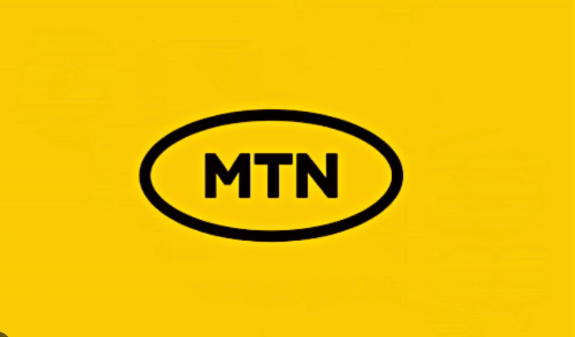Cameroon’s Ministry of Finance firmly ordered all fintech businesses to either obtain a formal licence within three months or cease operations by August 2025.
This bold move aims to bring the booming fintech sector under strict regulatory control to combat fraud and money laundering and protect consumers.
Licensing deadline and regulatory enforcement
The Ministry’s communiqué, signed by Finance Minister Louis-Paul Motaze, explicitly targets companies involved in fundraising, credit lending, mobile payments, and money transfers via digital platforms.
These firms must secure approval as licensed payment institutions by August 2025 or face closure under CEMAC financial regulations.
The statement warns, “Certain companies are providing financial services without the approval of competent authorities,” citing violations of Article 84 of Regulation №04/18/CEMAC/UMAC/COBAC from December 2018.
This crackdown will affect scores of finance businesses in regulatory grey areas.
The Ministry urged public authorities and payment providers to cut links with unauthorised fintech firms immediately.
Non-compliance after the deadline will lead to shutdowns and possible legal action against promoters. Online lending and fundraising services are immediately banned from advertising and promotion.
A regional wave of fintech regulation
Cameroon’s ultimatum follows similar regulatory moves in West Africa, where the Central Bank of West African States (BCEAO) imposed a May 1, 2025, deadline for fintech firms in the WAEMU region to obtain licenses or halt operations.
Though Cameroon belongs to the Central African Economic and Monetary Community (CEMAC), its approach mirrors a broader regional trend of governments enforcing long-standing but previously unenforced fintech regulations.
The Ministry emphasized the risks fintech companies pose when operating without oversight: “The risks of fraud, money laundering, and financing of illicit activities are real,” it warned.
This message underscores the government’s resolve that fintech innovation must function within legal frameworks to ensure financial security and consumer protection.
This regulatory push comes amid rapid growth in Cameroon’s fintech ecosystem, fueled by mobile money, digital banking, and e-commerce expansion.
However, fintech firms face challenges, including complex licensing procedures, foreign exchange controls, stringent anti-money laundering (AML), and counter-financing of terrorism (CFT) requirements.
The Bank of Central African States (BEAC) mandates fintechs to implement robust compliance programs, including Know Your Customer (KYC) and transaction monitoring.
Cameroon’s government aims to balance fintech innovation with regulatory oversight, ensuring that digital financial services contribute to the economy without exposing users to undue risk. The three-month licensing ultimatum marks a decisive step in shaping the country’s fintech sector for years.















